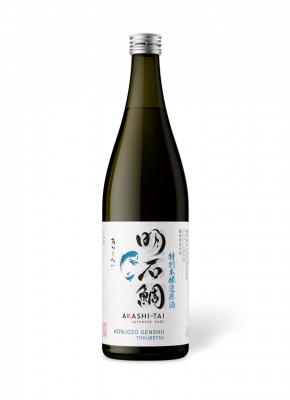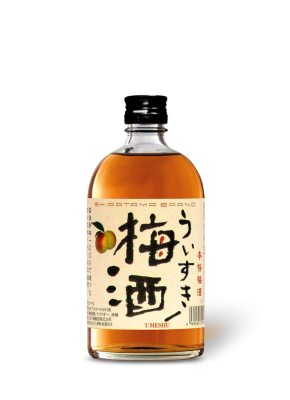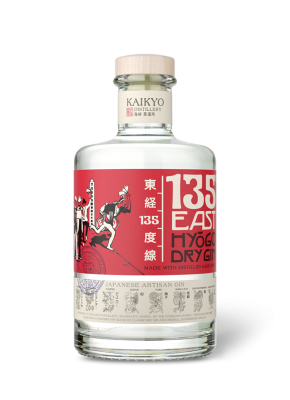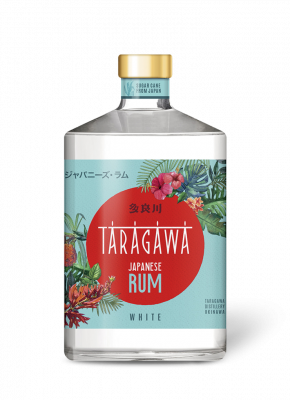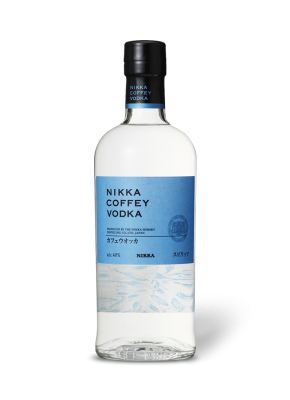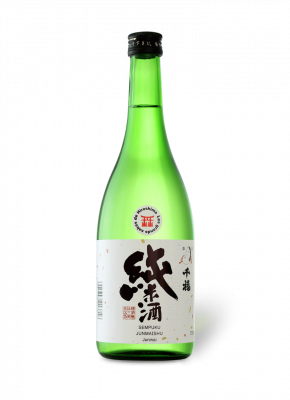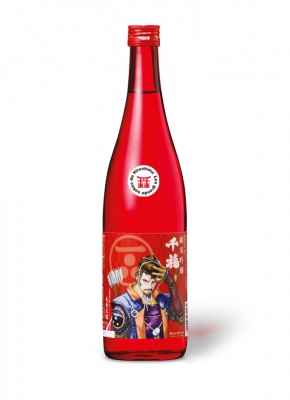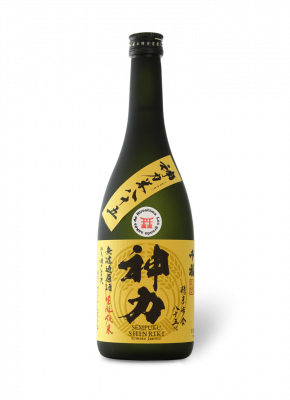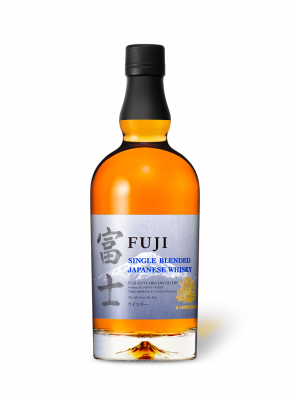
-
MenuBack
-
Japanese whisky
-
-
Best-seller
 €68.90
€68.90
-
-
-
Selection
Selection
-
Sélection
-
Tous les whiskies
-
-
-
Type
Type
-
Tous les whiskies
-
-
-
Brands
Brands
-
-
-
Distilleries
Distilleries
-
-
-
Sake & Co
-
-
Best-seller
-
-
-
Sake / Nihonshu
Sake / Nihonshu
-
Tous les sakés
-
-
-
Best-seller
-
-
-
Umeshu, Shochu & Awamori
Umeshu, Shochu & Awamori
-
Fruits liqueurs
-
Toutes les liqueurs
-
-
-
Spirits from Japan
-
-
Best-seller
-
-
-
Japanese Gin
Japanese Gin
-
Type
-
-
-
Best-seller
-
-
-
Japanese Rum
Japanese Rum
-
-
-
Best-seller
-
-
-
Japanese Vodka
Japanese Vodka
-
Type
-
-
-
Inspiration
-
-
-
Currently
Currently
-
Sake set
Our Sake sets
Give your best sake the perfect tableware and take your tasting experience to a new level.
-
-
-
Accessories
Accessories
-
Mixology
-
-
-
Discover
Discover
-
-
-
Article
Shinshu, the historical distillery of Mars Whisky
If we were to rely on the Mars Whisky bottlings of the last ten years, we could think that Shinshu is a young distillery...
Read more
-
-
MenuBack
-
Japanese whisky
-
-
Selection
Selection -
Whisky Japonais
-
Guide me!
-
Iconic
-
-
-
Type
Type -
All whiskies
-
-
-
Marques
Brands
-
-
-
Distilleries
Distilleries
-
-
-
Sake & Co
-
-
Saké / type
Sake / type -
Saké type
-
All sakes
-
Best-seller
-
-
-
Saké / Food pairing
Sake / Food pairing
-
-
-
Saké / Breweries
Sake / Breweries
-
-
-
Umeshu - Liqueurs de fruits
Umeshu - Fruit liqueurs -
Liqueurs de fruits
-
All fruit liqueurs
-
Best-seller
-
-
-
Alcools traditionnels
Traditional alcohols
-
-
-
Spirits from Japan
-
-
Gin japonais
Japanese gin / Type -
Gin type
-
Best-seller
-
-
-
Gin japonais / Marques
Japanese gin / Brands
-
-
-
Rhum japonais
Japanese rum -
Rhum
-
Best-seller
-
-
-
Vodka du japon
Japanese vodka -
Vodka
-
Best-seller
-
-
-
Inspiration
-
-
Currently
Currently / Sake set -
Sake set
Give your best sake the perfect tableware and take your tasting experience to a new level.
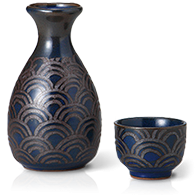
Our sake sets
Currently
-
-
-
Accessories
Accessories -
Mixologie
-
-
-
Découvrir
Discover
-
-
-
Blog du whisky
-
-
- My account
- Contact us
- Help / FAQ
- About us
Your cart
Your basket is empty at the moment
Some suggestions to fix it?
A japanese whisky must have? A real sake from Japan? A japanese version of the gin? See our current selectionIf you want to save products for later you need to login first : Sign in
Miyake Honten
Sake
Founded by Kiyochichi Miyake in 1856 in Kure in the Hiroshima region, Miyake Honten was originally specialized in the production of alcoholic beverages.
Miyake Honten - Sempuku
Founded by Kiyochichi Miyake in 1856 in Kure in the Hiroshima region, Miyake Honten was originally specialized in the production of alcoholic beverages such as mirin (culinary sweet sake), shirozake (low-alcohol sweet sake), and shochu (traditional spirit made from sweet potato, rice and other ingredients). It was not until 1902 that the company started to produce sake.
Established in a region rich in naval industry, the brewery's sake was selected to supply the Japanese army's warships at the end of the 1920s, which allowed Miyake Honten to acquire a great reputation throughout the archipelago.
The history of the brewery is sadly marked by the bombing of Hiroshima during the Second World War. Almost all the buildings were destroyed, sparing 2 sites out of the 5 that the company had in 1945. The two surviving breweries, Gohō-gura and Azuma-gura, are still in operation today and have preserved the know-how accumulated over the years.
Both breweries have their own specialization, with Azuma-gura producing ordinary sake, and Gohō-gura brewing premium sake.
From its original founder to the present day, successive generations have been keen to modernize the tradition with, among other things, the use of shinriki rice, a mythical variety of sake rice, whose cultivation had been abandoned.
The Sempuku sake line, which means "sake for a happy family", was named by its creator in honor of his wife "Sen" and his mother "Fuku".
Today, Miyake Honten has been popularized in Japan with the famous advertising slogan "How about a glass of Sempuku", Sempuku ippai, ikaga desu in Japanese.

